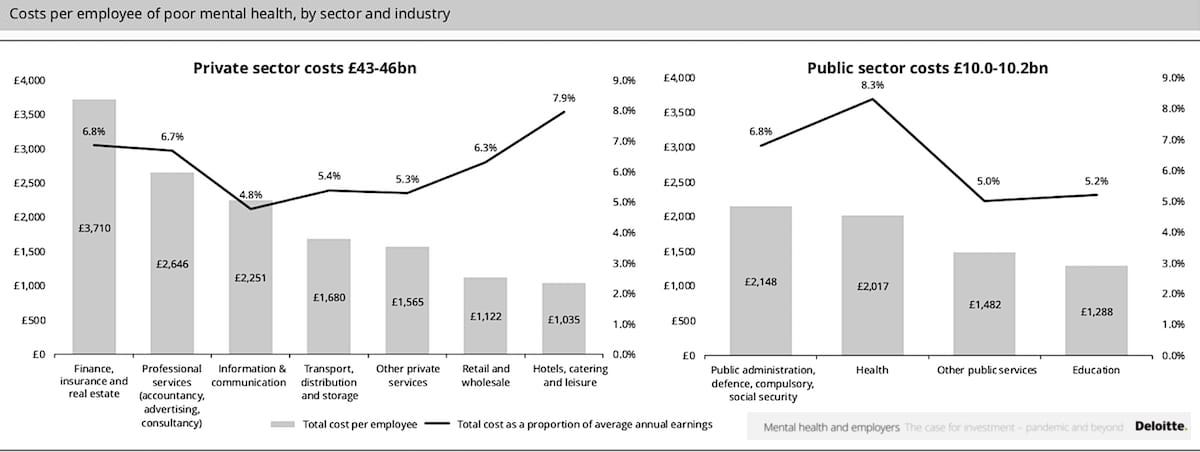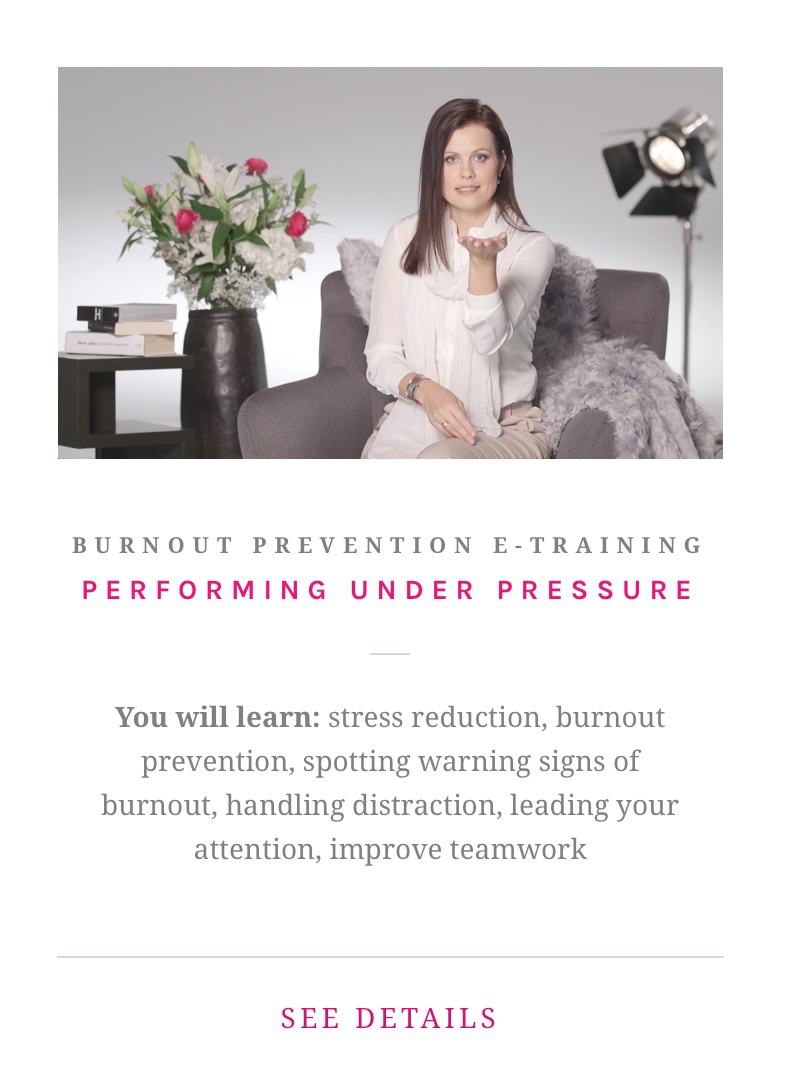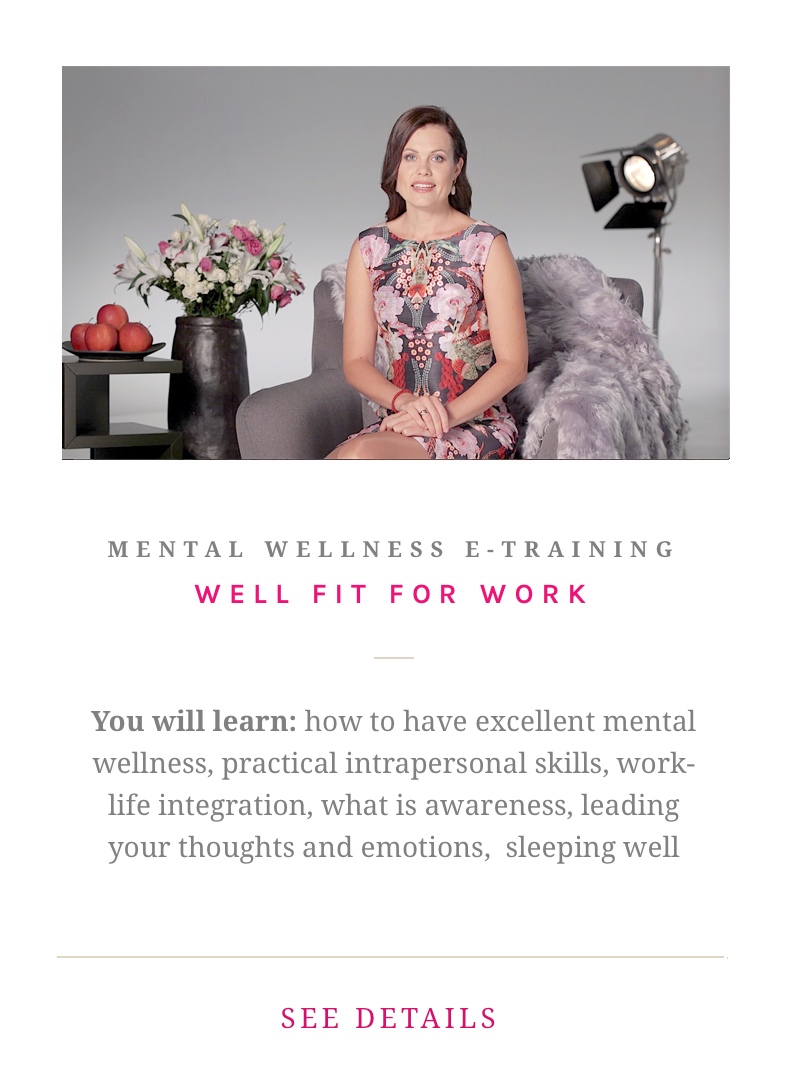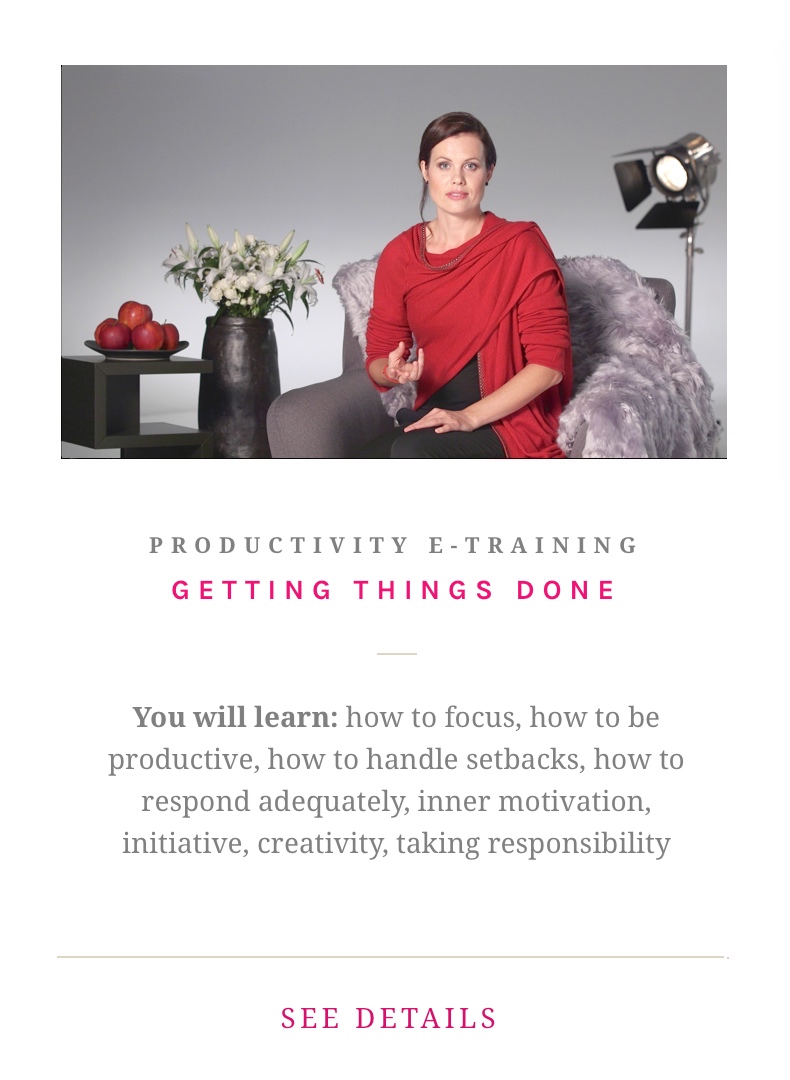The health of mind represents the foundation of success and well-being
Securing the health of mind represents an essential aspect of your overall well-being. The key to being healthy in mind comes down to understanding awareness and using self-observation.
Observing your inner domain demands taking time to notice your thought patterns. Negative patterns lead to negative emotions and outcomes. Positive ones are better, but change nothing until you start acting according to insights that allow you to make a difference.
Direct your inner activity
There is an enormous difference if you keep your mind active with random thoughts and emotions or instead use engaging in activities that challenge and stimulate positive shifts. Improving mental sharpness and mind health could include reading, learning a new skill or pursuing some creative endeavors. However, it could also be a systematic approach to training your mind and removing your monkey mind regime.
Here are some relevant questions to ask:
- How often do you use free moments at work to investigate more about your profession?
- How often do you take a moment to understand your awareness and learn new intrapersonal skills?
- Do you know how to clear obstacles of using awareness at will so that you can access creativity and insights at will?
If these questions are not interesting, then you are busy. Busy with being involved in your habitual thought patterns dominant emotions (including suppressed negative emotions) and behaviors restricting the positive change.
There is a technique to release all negative emotions and stop the train of thought; those are shared in this new book by Ingvar Villido. Seize the opportunity to read this book and then use what is in it as it allows a profound positive shift in securing health and wellbeing.
Developing self-leadership and understanding awareness as phenomena helps you identify your negative patterns and triggers that cause inner reactivity. When you notice what to change, you can cultivate a healthier mindset.
Overcoming Obstacles Using Awareness
Obstacles at work need to be cleared out – not by management but by the individual initiative of people.
All parties involved win from excellent mind health – and especially the people themselves – because they can now in a more non-dramatic way understand how they can explore their own potential further. They can now explore what they like, notice how can they contribute, take initiative, etc.
All of these obstacles that people face when they need to develop further – whether it’s searching for more information or asking for help – need to be cleared out. When negative emotions are released as the hinted in book "Practical Consciousness", it all becomes easier.
When we train our minds, let go of negativity and become mentally fit and well-minded, we see the top performance. We see it as we are no longer biased or held back by fears and doubts.
How really to get an employee’s attention?
There are two options, and they both run from the edge of awareness. If you do not know what awareness truly is and how to use it, then your awareness is on the monkey mind. As a result, your mind jumps around – like a monkey. You become aware of things but in a random way.
The monkey mind is always stimulated or drawn by novelty stimuli.
Most people have monkey mind because there is no intrapersonal education about how to keep your awareness at one place when you need it to be there – and for as long as you require it to be there.
To capture the attention of a person with a monkey mind type, all you need is a novel stimulus – but there's inevitably competition with such stimulus.
For example, when a person is giving a presentation and somebody opens the door, where is the people's awareness going to be? That’s right, at the door to examine who is entering. That's a new situation within a routine situation, so the awareness is going to go there. Naturally, whatever is being revealed during the presentation at that time is going to be missed. Nobody will remember that place or that phrase. It needs to be repeated.
That's the problem with monkey mind syndrome. Our awareness gets hijacked away by other stimuli.
When people lack mind health they lack practical intrapersonal skills to regulate and direct themselves. To a person with inner (re)activity, you have to offer a new kind of stimulus all the time if you want to draw a person's attention.
You’re not only competing with external stimuli like a sound coming from there, somebody making a funny face, or a phone ringing, but you are always competing with the internal stimulus as well.
And what is the internal stimulus?
That's our own thoughts and emotions.
Whenever the person's thoughts are more interesting or new, it's an illusionary new because there's actually in essence nothing new in thoughts. Thoughts come from memory but because they always change, they seem engaging and thus also turn on corresponding emotions.
An average person thinks about 60,000 thoughts a day. This immense change is happening all the time and making us stressed, irritated and tired. It's similar to watching a news channel where there's a newsfeed on the bottom of the screen. Although you know there is information you’ve already read, you still keep your awareness there and observe how the information repeats. And when you read those lines, the spoken news escapes your ears.
As our thoughts change all the time they always seem attractive. When another person is attempting to capture our attention, they are competing with our own internal voice and emotions.
Now it depends upon which stimulus is more important, inner or external. That leads then to people or situations needing to be extremely stimulating to get any attention at all. That's also why people who participate in meetings or conferences value highly those kinds of events where there's very intense stimulus. You have to be almost like a clown offering all sorts of stimuli like playing with your voice, your body language and everything else.
However, such overstimulation has a heavy price – leading to stress, burnout and anxiousness and even more serious mental health issues.
Aware communication
The message itself should be enough. But since we don't know how to direct our awareness, we depend upon this stimulus. An untrained mind will get hijacked if there's no stimulus.
Getting hijacked is a pity because when we don’t realize we can direct our awareness is one of the biggest misfortunes or saddest things that can ever happen to a person.
How do we address this challenge?
One way is with more and more stimulus but there will be a line where we just can't get/take even more. You know, action movies just can't get more actionable than they are now. Where does this line go?
How much stimulus can we offer because there's always this threshold that gets higher and higher and higher?
We get used to the old stimulus and now we need even more intensity as is common with social media, where the constant flow of information is built on presenting always new stimuli. That's why people are seeking more intense experiences because the old stimulus is unable to provoke or draw their attention or awareness anymore. This is a trap.
Be mindful of the content you consume and consider taking breaks from social media if it becomes overwhelming.
How to be less dependent on external stimuli?
We don't need to depend on stimulus. Instead, we have to discover what is in our awareness and direct that into a place where we need connection
Holding your awareness where it needs to be in turn leads to being engaged in what we do and as we well know there currently is a huge lack of employee engagement across the globe (see Gallup 2023 employee engagement data below). As can be seen, in today’s typical organization, most employees are filling a seat but have yet to take ownership of their work.

Whether it is listening to one person, observing a presentation or even being outside of the workplace you need to become grounded – fully present and aware of the location of your awareness. Then you can dedicate your awareness and attention to what you do in any given moment.
Learning intrapersonal skills and securing better mind health will enable to engage the less engaged employees and allow leaders to see organic business growth without hiring more staff.
A person with a calm mind always listens well and can direct their own awareness at will. Such ability provides inner freedom and in turn, secures mind health and ability to take more initiative.
Improving mind health has excellent ROI
Besides improving engagement levels there is also a realistic revenue improvement opportunity from improving mind health!
Improving the health of mind presents an excellent business case as the annual mental health costs per employee vary between £1035 ($1345 or 1150€) and £3,710 ($4820 or 4,120€).

This whole site is founded to allow you and your team to discover the benefits of workplace-wide proactive mental health investments. You can remove the costs above and see up to tenfold ROI.
We know that taking personal initiative matters now more than ever. We are sure, you would appreciate seeing more personal initiative, but this demands intrapersonal skills and self-leadership on a whole new level.
Conclusions
A healthy mind is focused, sharp and willing to act in a moment. A calm-minded person is self-leading, focused and uses awareness as a tool.
The workplace mental wellness approach that we promote allows people to enhance productivity, even while working remotely or focusing in open offices. This is achieved by reducing the monkey mind, improving awareness of your awareness and establishing sustainable intrapersonal skills that always secure your well-being and work results.
This blog post is written in partnership with Kaur Lass and Chad Palmer






